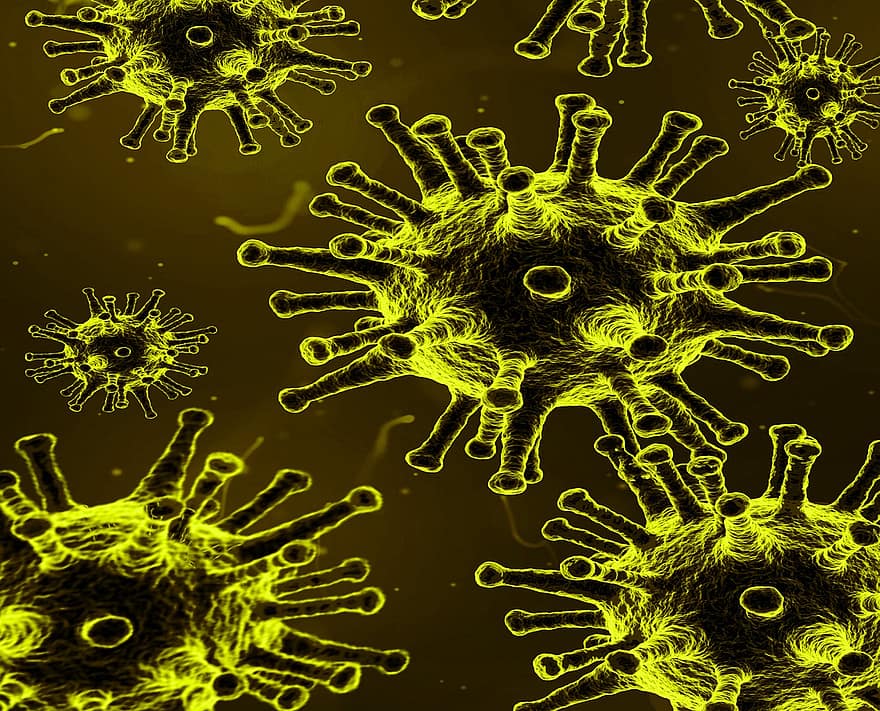News release
From:
COVID-19 and reproductive health – This review calls for more research on the effects of COVID-19 on reproductive health. It considers preliminary studies suggesting SARS-CoV-2 could affect the male reproductive system, and the possibility of sexual transmission.
Viral pathogenesis of SARS-CoV-2 infection and male reproductive health
Organ-to-organ transmission of SARS-CoV-2 has not been ruled out, thereby raising the possibility of the impact of SARS-CoV-2 infection on multiple organ systems. The male reproductive system has been hypothesized to be a potential target of SARS-CoV-2 infection, which is supported by some preliminary evidence. This may pose a global threat to male fertility potential, as men are more prone to SARS-CoV-2 infection than women, especially those of reproductive age. Preliminary reports have also indicated the possibility of sexual transmission of SARS-CoV-2. It may cause severe complications in infected couples.



 International
International



